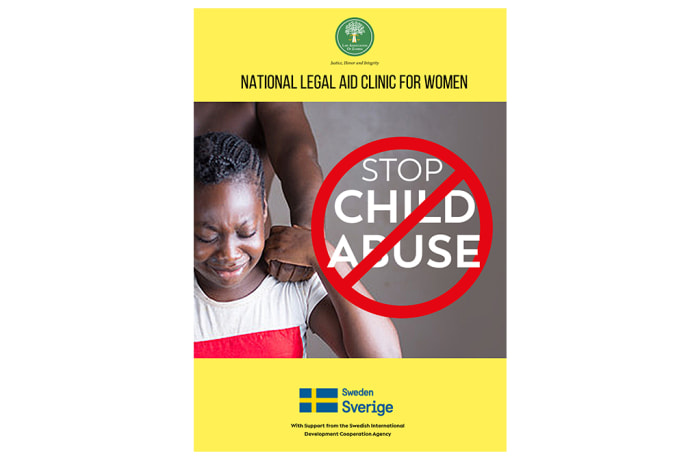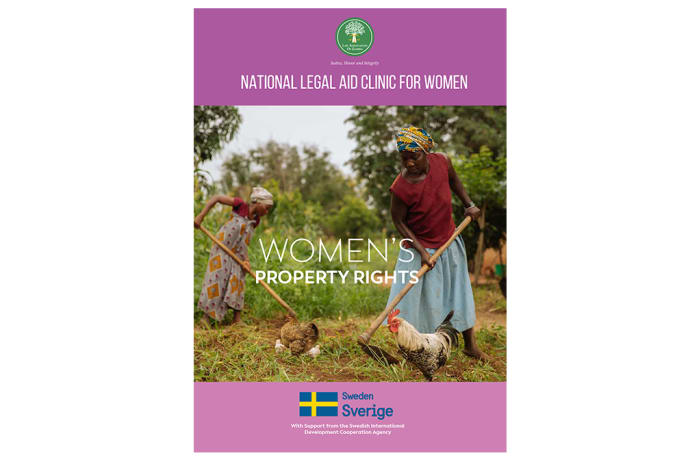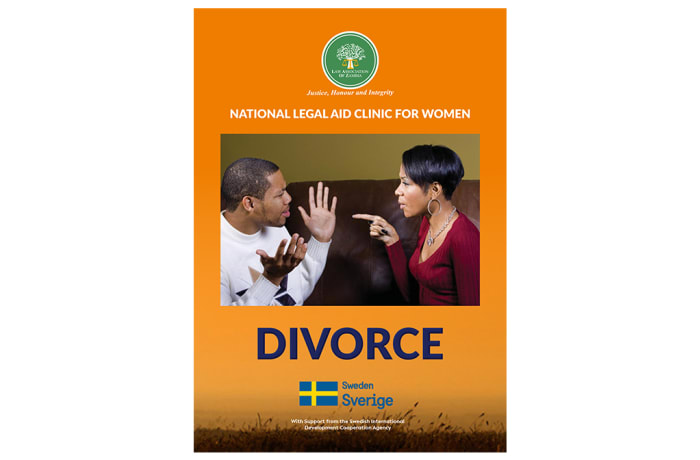
Child Abuse Booklet
Further information
1. WHO IS A CHILD?
The Constitution of Zambia defines a child as a person below 18 years.
2. WHAT IS CHILD ABUSE?
Child Abuse is any form of mistreatment or harm to a child.
3. WHAT ARE SOME OF THE SYMPTOMS OF CHILD ABUSE?
A child who has been abused or is being abused may show symptoms of guilt, or be ashamed or confused. The child may be afraid to tell anyone about the abuse, especially if the abuser is a parent, other relative or family friend. Some of the signs of abuse may include the following:
Withdrawal from friends or usual activities.
- Changes in behaviour — such as violence behaviour, anger, hostility or changes in school performance such as poor performance
- Sadness, nervousness or unusual fears or a sudden loss of self-confidence
- Sleep problems and nightmares
- Missing school often
- Being disobedient or stubborn behaviour
- Depending on the age of the child, self-harm or attempts at suicide
Specific signs and symptoms depend on the type of abuse and can be
different depending on the abuse.
4. WHAT ARE THE TYPES OF CHILD ABUSE?
Child Abuse can be physical, sexual, psychological, or economical abuse.
Learn more by downloading a pdf version of this booklet. Copy and paste this link into your browser:
https://res.cloudinary.com/dhsjpmqz9/image/upload/v1685341637/1._CHILD_ABUSE_rnjq3d.pdf









